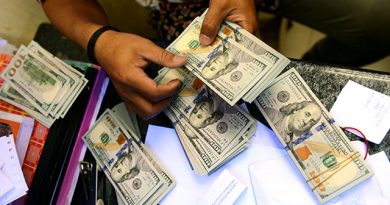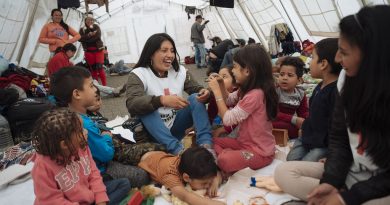No Sweat – If You Are a Woman
By Madison Chapman, under the supervision of Kim Wilson. What does it mean to have dignity and personal agency as a migrant? Men and women told their stories to me in very distinct ways, through body language and in their retelling of traumatic events. What does this tell us about understanding gender in ethnographic research and the stories we do and do not hear while interviewing?
Read More



